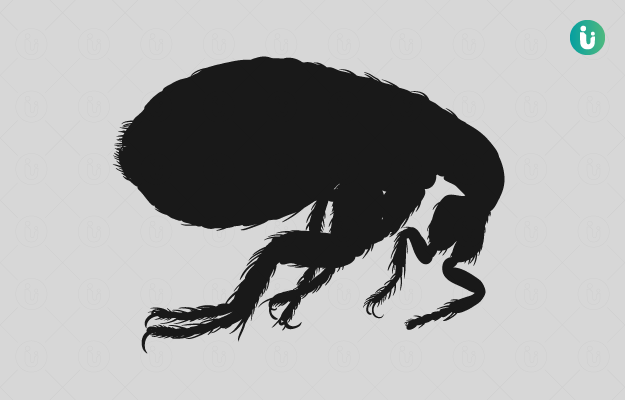What is a Plague?
A plague is a highly contagious bacterial disease that affects humans and other mammals. This disease was once responsible for killing millions of people in Europe in the middle ages. The outbreak was known as Black Death. Presently, human plague continues to occur in the western region of the United States, but its occurrence is significantly higher in the remote areas of Africa and Asia.
What are the main signs and symptoms?
Plague is of three types and the symptoms may vary depending on the type of plague.
- Bubonic plague causes severe inflammation or swelling of the tonsils and spleen resulting in symptoms, such as fever, body ache, the formation of bulbous sores that burst, and tenderness in the lymph nodes. This kind of plague can spread from the lymph nodes to other parts of the body.
- Septicaemic plague leads to symptoms of extreme weakness, fever, chills, severe abdominal pain, and blackening of the extremities. This kind of plague is mostly a result of the untreated bubonic plague.
- Pneumonic plague presents symptoms, such as chest pain, difficulty in breathing, persistent cough, and pneumonia.
What are the main causes?
This infection is caused by the bacterium Yersinia pestis, which is mainly found in rodents and fleas. These bacteria may infect humans and other mammals that get bitten by the infected rats or fleas. Direct contact also spreads this highly contagious disease.
How is it diagnosed and treated?
Multiple diagnostic tests involving the blood and infected tissue samples can be performed to confirm the presence of plague. The disease is a notifiable disease and must be immediately reported to local medical authorities to prevent its spread.
Plague is a serious illness that requires immediate treatment. Due to advancements in medical studies, the plague is now treatable with the help of antibiotics. Early detection and prompt treatment increase the chances of recovery.
People caring for the infected individual must also be kept under observation and should avoid direct contact for preventing the infection. There is no vaccine available till date.

 OTC Medicines for Plague
OTC Medicines for Plague
 Plague articles
Plague articles News for Plague
News for Plague






 Dr. Ayush Pandey
Dr. Ayush Pandey











